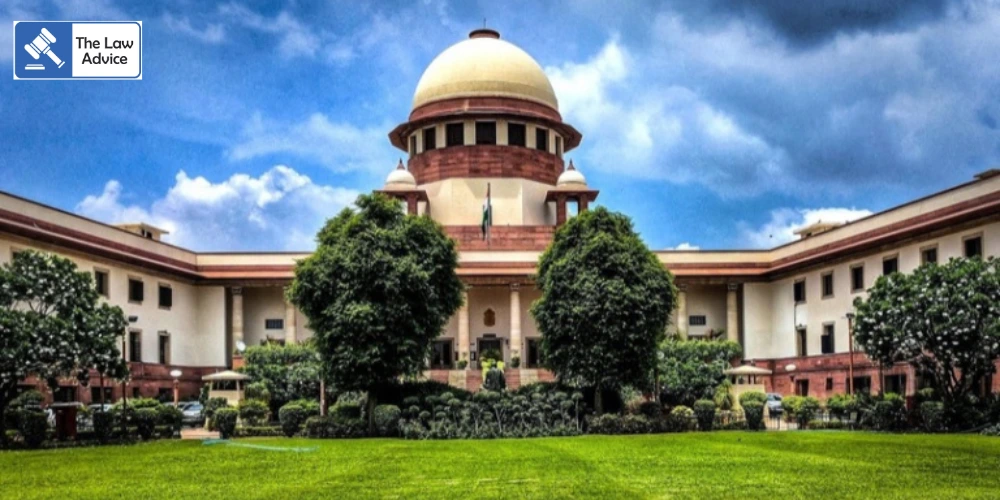New Delhi | July 17, 2025
In a firm stance against prolonged inaction, the Supreme Court of India has given High Courts across the country a final eight-week deadline to file compliance reports on the installation of toilet facilities for women, persons with disabilities, and transgender persons in court premises.
A bench led by Justice J.B. Pardiwala and Justice R. Mahadevan expressed serious dissatisfaction over the lack of urgency shown by several High Courts in implementing the Court’s earlier directions issued in January this year.
The 2024 Mandate: Access to Sanitation is a Right
The Supreme Court had, in January 2025, delivered a powerful ruling in the case of Rajeeb Kalita v. Union of India, declaring that the right to proper sanitation within courts is a fundamental right under Article 21—the right to life and dignity.
The Court directed all High Courts and State Governments to:
• Ensure separate, functional, and accessible toilets for women, persons with disabilities, and transgender persons in all court complexes.
• Appoint monitoring committees to oversee compliance.
• Submit detailed status reports within four months of the order.
However, as of July 2025, less than half of the High Courts have complied, prompting the Court to issue what it called a “final opportunity” for compliance.
SC’s Warning: No Report, Then Appear in Person
Visibly displeased, the bench ordered that any further failure to submit compliance affidavits would lead to the Registrar Generals of defaulting High Courts being summoned in person to explain the lapse.
“This is not an administrative formality. It is about ensuring dignity and inclusivity in institutions meant to deliver justice,” the Court remarked.
The Court emphasized that inclusive infrastructure was not a matter of convenience but a constitutional imperative.
What High Courts Were Directed To Do
1. Construct and maintain gender-inclusive washrooms with ramps, grab bars, and proper signage.
2. Ensure hygiene and sanitation standards with periodic cleaning schedules.
3. Include childcare facilities and sanitary pad dispensers in women’s restrooms.
4. Provide temporary arrangements in court complexes undergoing renovation.
Each High Court was tasked with appointing a committee to monitor the implementation, budget allocation, and grievance redressal for these facilities.
Case Title: Rajeeb Kalita v. Union of India & Ors.
